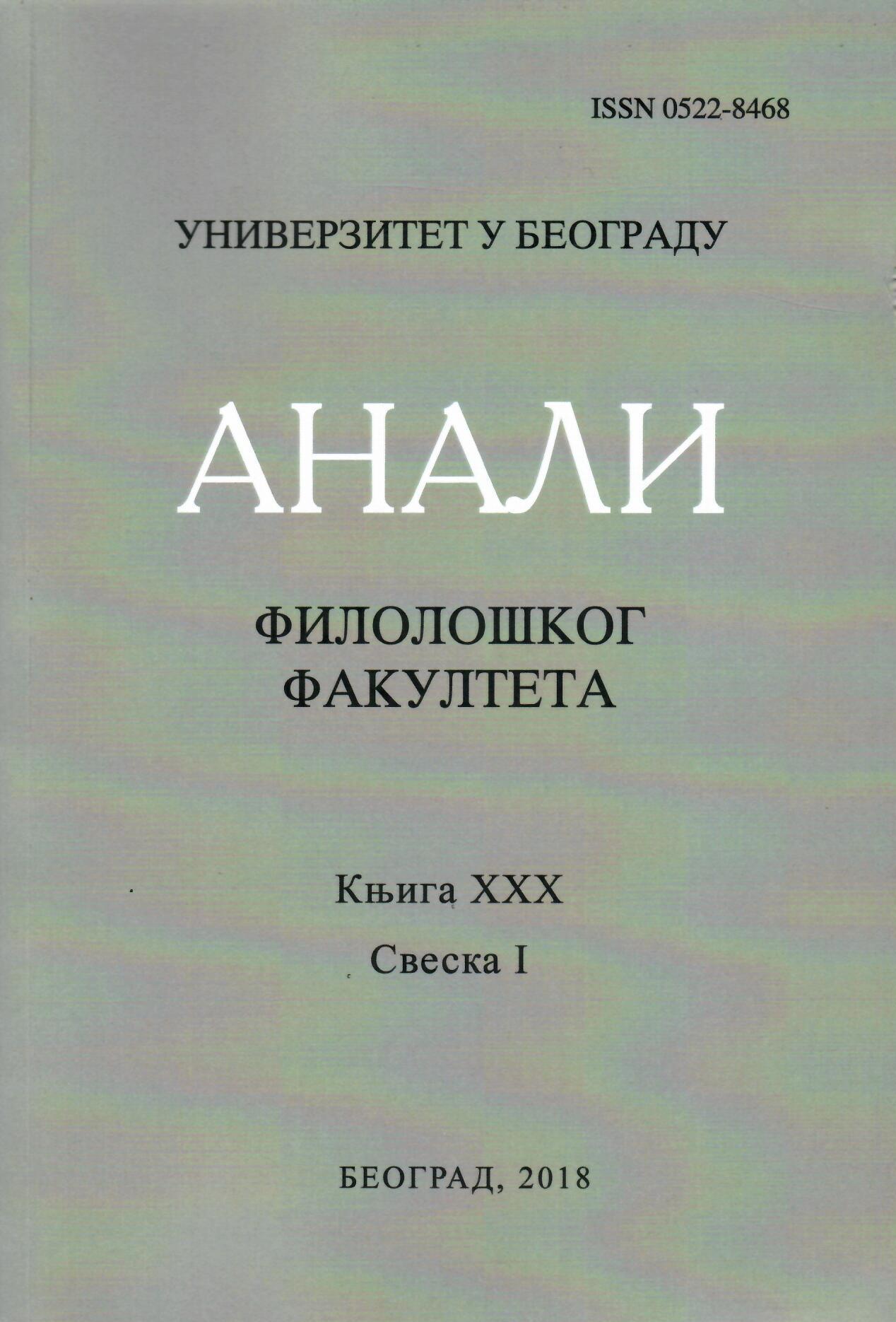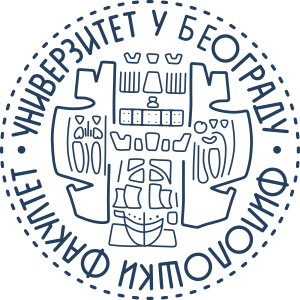The Тransition from Popular into “High” Culture: Bob Dylan – Tree Songs of the Early 1960’s
DOI:
https://doi.org/10.18485/analiff.2018.30.1.6Keywords:
Bob Dylan, popular culture, 1960s, topical songs, civil rights, racism, storytelling, folk musicAbstract
This paper looks at the work of Bob Dylan, particularly the approach to which he has taken in the creation of his work and his early topical songs from the 1960s. It involves discovering the merit Dylan had in transforming popular music into live media to examine the political and sociological norms of the time. One of the concerns of this paper is to show that Dylan has considered himself to be more of the storyteller than the activist, especially concerning the transfer of popular zeitgeist into “high” culture. In terms of better understanding the relationship between the lyrical mind of Dylan and popular culture, the politically and psychologically grounded histories and Post War America can be explored through the counterculture which Dylan reluctantly came to represent. The paper also explores the civil rights movement, racism, and poverty of the America of Dylan's 1960s and establishes their place and significance in creating his work.
Downloads
Published
How to Cite
Issue
Section
License

This work is licensed under a Creative Commons Attribution-ShareAlike 4.0 International License.
Authors who publish with this journal agree to the following terms:
- Authors are confirming that they are the authors of the submitting article, which will be published (print and online) in the journal Anali filološkog fakulteta by the Faculty of Philology, University of Belgrade (Faculty of Philology, Studentski trg 3, 11000 Belgrade, Serbia). Author’s name will be evident in the printed article in the journal. All decisions regarding layout and distribution of the work are in hands of the publisher.
- Authors guarantee that the work is their own original creation and does not infringe any statutory or common-law copyright or any proprietary right of any third party. In case of claims by third parties, authors commit their self to defend the interests of the publisher, and shall cover any potential costs.
- Authors retain copyright and grant the journal right of first publication with the work simultaneously licensed under a Creative Commons Attribution-ShareAlike 4.0 International License that allows others to share the work with an acknowledgement of the work's authorship and initial publication in this journal.
- Authors are able to enter into separate, additional contractual arrangements for the non-exclusive distribution of the journal's published version of the work (e.g., post it to an institutional repository or publish it in a book), with an acknowledgement of its initial publication in this journal.
- Authors are permitted and encouraged to post their work online (e.g., in institutional repositories or on their website) prior to and during the submission process, as it can lead to productive exchanges, as well as earlier and greater citation of published work.





